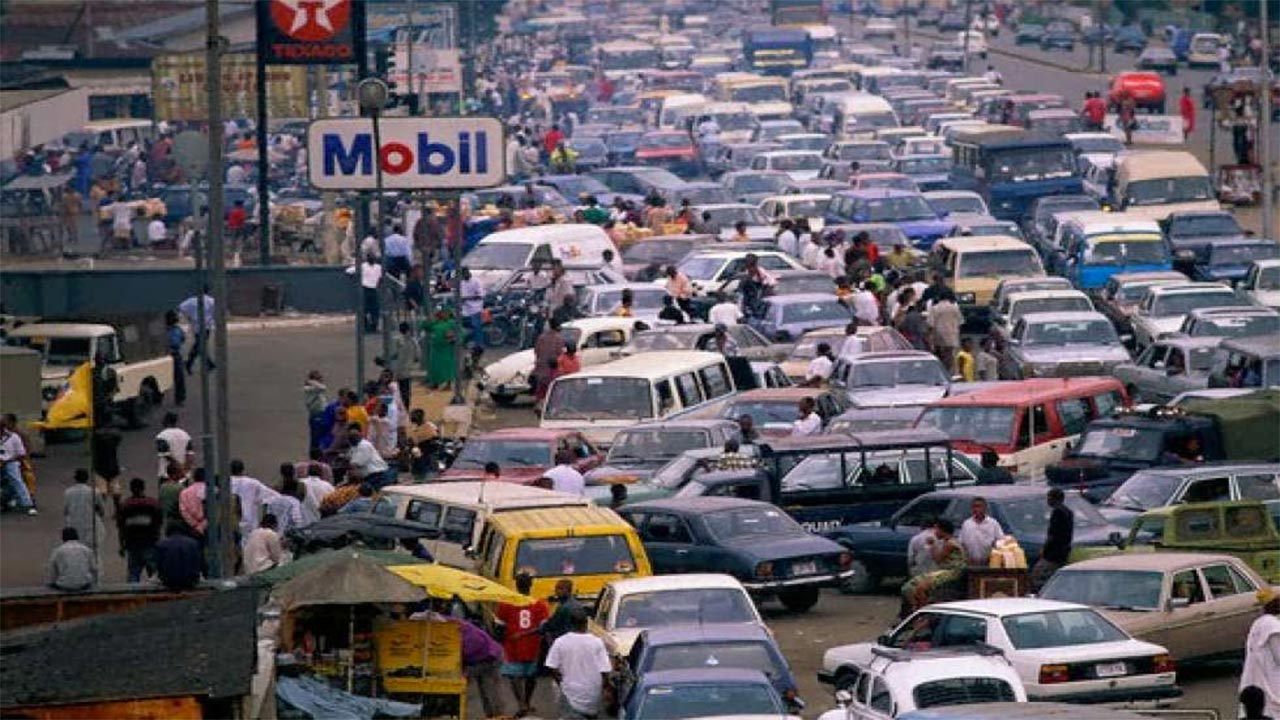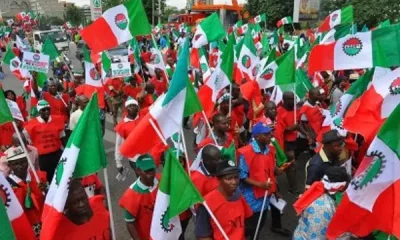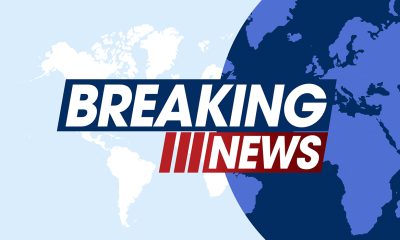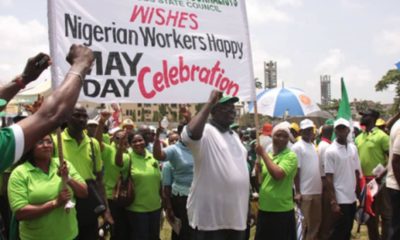The Federal Government is meeting with operators in the midstream and downstream oil sector as part of measures towards developing strategic stock for Premium Motor Spirit, popularly called petrol, in key locations across the country.
It said the national strategic stocks would help in addressing the recurring fuel scarcity in Nigeria, as it also announced the constitution of a 14-man committee to find a lasting solution to the disruptions in the supply and distribution of petroleum products.
On the strategic stock, the Executive Director, Distribution Systems, Storage and Retailing Infrastructure, Nigerian Midstream and Downstream Petroleum Regulatory Authority, Ogbugo Ukoha, disclosed this in Abuja on Tuesday at the ongoing stakeholders’ consultation forum on midstream and downstream petroleum regulations.
Speaking on the sidelines of the event, he explained that the NMDPRA and stakeholders were going through the eight draft regulations, which were the third batch, put together by the authority, adding that the National Strategic Stock Regulations was one of them.
He said, “Section 181 of the PIA (Petroleum Industry Act) compels us to develop strategic stock. On the supply issues that we usually have, recall that a few weeks ago, there was flooding in Lokoja and Bayelsa, and supplies were impacted negatively.
“We should have strategic stock across the country. And there are storage everywhere, even though pipelines need to be revamped. So this strategic stock regulations addresses that need, and it is a priority.”
Ukoha added, “It takes three to four days for trucks from the coastal areas to get here (Abuja), and if something happens on the road, then you will see how it will impact on the supplies in the Federal Capital Territory.
“On Friday, we had to go to Niger State, where three trucks fell across the Bida-Lapai and Agae road. We were there to make sure that those trucks were cleared. But with the strategic stock, most of that will be addressed.
“If you have that kind of issue, you’ll just recall some volumes from the nearest storage. So these are very important draft regulations that the authority is putting forward.”
The NMDPRA official explained that the midstream and downstream arms of the sector were very strategic positions in the industry, and the regulations being put out by the authority were critical.
“If you look at this third batch of draft regulations we are considering, there are eight of them and almost all of them speak to a particular aspect in the value chain,” he stated.
He continued, “There is a draft regulation on gas flare. You know that with the flares, it is not just to reduce or eliminate environmental hazards, but also to optimise them into power and also the revenues that are there.
“There is also, and within this eight, the draft regulation that will address penalties and enforcements. You can see how the situation is currently, that the authority, in the last few weeks, has sealed seven depots for over-pricing.
“So it is important that operators are mindful of consequences, and these regulations will give us further bite to enable us to enforce the rules we make in the industry.”
On what could be delaying the draft regulations from becoming laws, considering their importance to the oil sector, Ukoha explained that they must follow laid down processes.
He said, “There are processes. First of all, one of these processes is defined by the authority. The PIA is clear, we draft, we propose to the public and put it out for 21 days to get feedback from the public.
“When we get that feedback, then we invite them, like we have done today, listen to them and then go back to redraft the regulations to reflect the credible feedback. We then start the final engagement with the Federal Ministry of Justice to gazette the regulations.”
Meanwhile, Ukoha warned that the authority would suspend the licences of depot owners who persistently flout the government’s order on PMS pricing.
14-man committee
The Federal Ministry of Petroleum Resources stated that the President, Major General Muhammadu Buhari (retd.), had approved the constitution of a 14-man Steering Committee on Petroleum Products Supply and Distribution Management, which he would personally chair.
The ministry said the move was to find lasting solution to the disruptions in the supply and distribution of petroleum products across the country.
It said the committee had the Minister of State for Petroleum Resource, Chief Timipre Sylva, as Alternate Chairman, as the team would ensure transparent and efficient supply and distribution of petroleum products.
“Other terms of reference are to ensure national strategic stock management, visibility on the NNPC Limited refineries rehabilitation programme and ensure end-to-end tracking of petroleum products, especial PMS, to ascertain daily national consumption and eliminate smuggling,” the FMPR stated in a statement.
To ensure sanity in the supply and distribution across the value chain, Sylva directed the NMDPRA to ensure strict compliance with the government approved ex-depot and retail prices for PMS.
The ministry stated that other members of the committee include the Minister of Finance; Permanent Secretary, Ministry of Petroleum Resources; National Economic Adviser to the President; and Director-General, Department of State Services.
Others include the Comptroller-General, Nigerian Customs Service; Chairman, Economic and Financial Crimes Commission; and Commandant-General, Nigerian Security and Civil Defence Corps.
The Chief Executive, NMDPRA; Governor, Central Bank of Nigeria; Group Chief Executive Officer, NNPC Limited; Special Advisor (Special Duties) to the HMSPR; were also listed as members of the committee, while the Technical Advisor (Midstream) to the HMSPR would serve as secretary.

 News3 years ago
News3 years ago
 Entertainment2 years ago
Entertainment2 years ago
 News3 years ago
News3 years ago
 Privacy3 years ago
Privacy3 years ago
 Sports2 years ago
Sports2 years ago
 Entertainment2 years ago
Entertainment2 years ago
 News3 years ago
News3 years ago
 Opinion3 years ago
Opinion3 years ago















